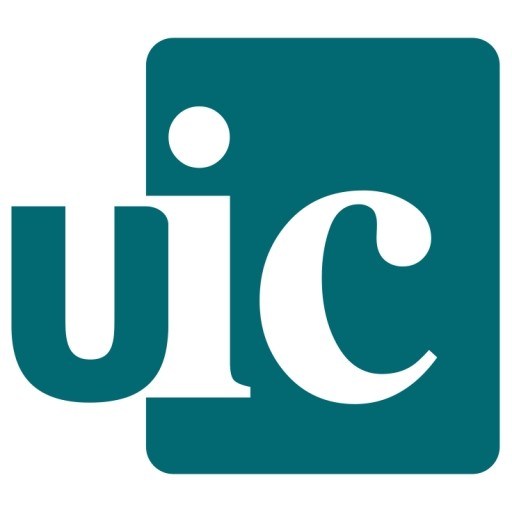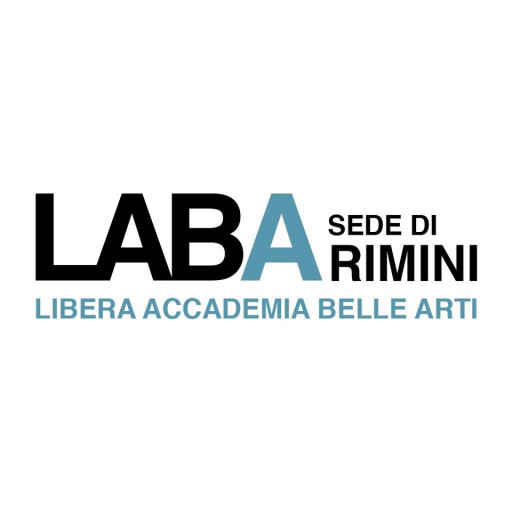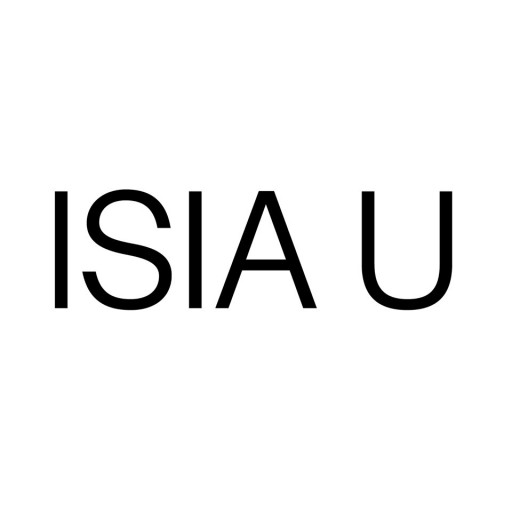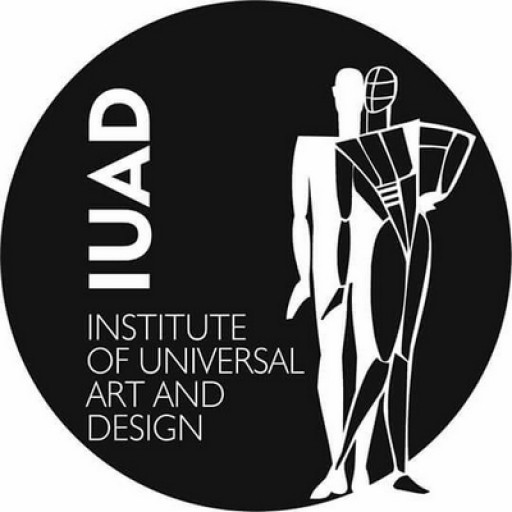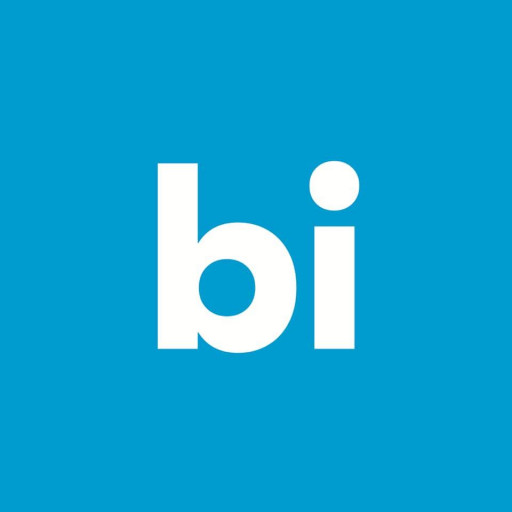Photos of university / #uicbarcelona
The Bachelor's Degree in Audiovisual Communication at the International University of Catalonia offers students a comprehensive education in the dynamic and rapidly evolving field of media and visual communication. This programme is designed to equip students with the theoretical knowledge and practical skills necessary to succeed in various areas of audiovisual production, media analysis, and digital communication. Throughout the course, students will explore a broad range of subjects including film and television production, graphic design, animation, multimedia storytelling, and emerging digital technologies. The curriculum emphasizes both creative development and technical proficiency, enabling students to produce compelling content across multiple platforms.
Students will have the opportunity to work with cutting-edge equipment and software, fostering hands-on experience that prepares them for professional careers in the audiovisual industry. The programme also integrates courses on media theory, communication ethics, and the social impact of audiovisual media, encouraging students to think critically about their role as creators and consumers of media content. Additionally, students will engage in real-world projects, internships, and collaborations with industry partners to gain valuable practical insights and build professional networks.
The programme aims to cultivate not only technical skills but also an artistic sensibility and innovative mindset, empowering students to develop original projects and adapt to the fast-changing landscape of digital media. Graduates will be prepared for diverse career paths such as film and television production, digital media content creation, advertising, public relations, journalism, and multimedia management. The International University of Catalonia’s supportive learning environment, experienced faculty, and state-of-the-art facilities make it an ideal place for aspiring audiovisual professionals to develop their talents and achieve their career goals. This Bachelor's Degree in Audiovisual Communication combines academic rigor with creative experimentation, ensuring graduates are well-equipped to contribute to and shape the future of media and communication industries worldwide.
The Bachelor’s Degree in Audiovisual Communication at the International University of Catalonia offers students a comprehensive education in the dynamic field of media, film, television, radio, and digital content production. This program is designed to equip students with the essential theoretical knowledge and practical skills necessary to succeed in a rapidly evolving audiovisual industry. Throughout the course, students engage with a wide range of subjects including media theory, visual storytelling, cinematography, editing techniques, sound design, and digital media production. The curriculum emphasizes creative thinking, technical proficiency, and critical analysis, enabling students to develop innovative content for various media platforms.
Students will benefit from hands-on training using state-of-the-art equipment and software, fostering a practical understanding of current industry standards. The program also encourages collaboration on projects, simulating real-world production environments and preparing students for teamwork and project management roles. Furthermore, students explore the historical, cultural, and societal impacts of audiovisual media, cultivating a well-rounded perspective on media’s role in contemporary society. The program includes opportunities for internships and professional practice, allowing students to gain valuable industry experience and establish professional networks. Graduates from the Audiovisual Communication program are prepared for diverse careers in television, film, advertising, digital content creation, media management, and other related fields. The university’s international outlook ensures that students are exposed to global trends and practices in audiovisual communication, making them competitive in an interconnected media landscape. Whether aspiring to work behind the camera, in post-production, or in media management, students will develop the competencies necessary to innovate and lead in the audiovisual industry.
Program requirements for the Audiovisual Communication degree at the International University of Catalonia typically include a combination of academic prerequisites, language proficiency, and application materials. Prospective students are generally expected to have completed secondary education or its equivalent, demonstrating strong interests in media, communication, and arts. Proficiency in English may be required, often demonstrated through standardized tests such as TOEFL or IELTS, depending on the applicant's country of origin. Additionally, applicants may need to submit a high school diploma or equivalent certification, along with transcripts that reflect relevant coursework or achievements in related fields.
The application process may also involve submitting a personal statement or motivational letter outlining the candidate's interest in audiovisual communication and career goals. Some programs might require a portfolio or samples of previous work in media or related creative fields, especially for applicants with practical experience or artistic backgrounds. Due to the international nature of the university, applicants may need to provide proof of identity and sometimes undergo interviews or assessments to evaluate communication skills and motivation.
Moreover, the university encourages diversity and seeks students with a keen interest in media arts, television, film, and digital content creation. Certain prerequisites in digital literacy or familiarity with multimedia tools might be beneficial but are usually not compulsory. International students should consider visa requirements and ensure compliance with both national and institutional regulations. Financial documentation or proof of funding may be necessary for non-EU students. The university's admissions team provides detailed guidance tailored to each applicant's profile to facilitate the application process and ensure candidates meet all academic and administrative standards for enrollment.
The financing options for the Audiovisual Communication program at the International University of Catalonia (UIC) are designed to accommodate a diverse range of students' financial needs. Prospective students can choose from various funding sources, including scholarships, financial aid, and payment plans. The university offers merit-based scholarships for outstanding academic achievement, which can significantly reduce the cost of tuition. Additionally, need-based financial aid is available for students demonstrating financial hardship, subject to application and eligibility criteria. UIC provides flexible payment options, allowing students to pay tuition fees in installments across the academic year, thereby easing the financial burden. Furthermore, the university collaborates with third-party financial institutions to offer student loans with favorable interest rates and repayment terms. International students may also explore external scholarship opportunities provided by government programs, private foundations, and international organizations. The university's financial services office offers personalized guidance to help students identify suitable funding sources and navigate the application process for scholarships and loans. It is important for students to initiate their financial planning early, as some funding options require application well before the academic year begins. UIC's commitment to accessible education is reflected in its efforts to provide transparent information regarding tuition fees and available financial support. By leveraging these resources, students can pursue their passion for audiovisual communication without undue financial stress, ensuring focus remains on academic and professional development. Overall, the program's financing options aim to make high-quality education attainable for a broad spectrum of students, fostering diversity and inclusion within the learning community. Students are encouraged to consult the university's official website or contact the admissions office for the most current information on available funding opportunities and application deadlines.
The Audiovisual Communication program at the International University of Catalonia offers students comprehensive training in the field of media, film, television, and digital communication. This undergraduate degree is designed to equip students with both theoretical knowledge and practical skills essential for a successful career in the rapidly evolving audiovisual industry. The curriculum covers a wide range of subjects, including media production, media theory, scriptwriting, directing, editing, sound design, and digital media technologies. Students have the opportunity to learn about the history of audiovisual communication, contemporary media issues, and the ethical considerations relevant to media professionals. The program emphasizes hands-on experience through various workshops, projects, and internships that enable students to develop their technical abilities and creative vision. Moreover, the program fosters critical thinking, storytelling skills, and an understanding of audience engagement, preparing graduates to work in diverse areas such as television production, film industry, advertising, digital content creation, and new media platforms. The faculty comprises experienced professionals and scholars who guide students through practical exercises and industry-relevant projects. The university's modern facilities include state-of-the-art editing suites, recording studios, and multimedia labs, providing an ideal environment for learning and experimentation. Graduates of the Audiovisual Communication program are well-prepared to enter the audiovisual sector or pursue further specialization through master's studies. The program aims to develop versatile communication experts capable of adapting to the dynamic landscape of media and entertainment industries worldwide.
